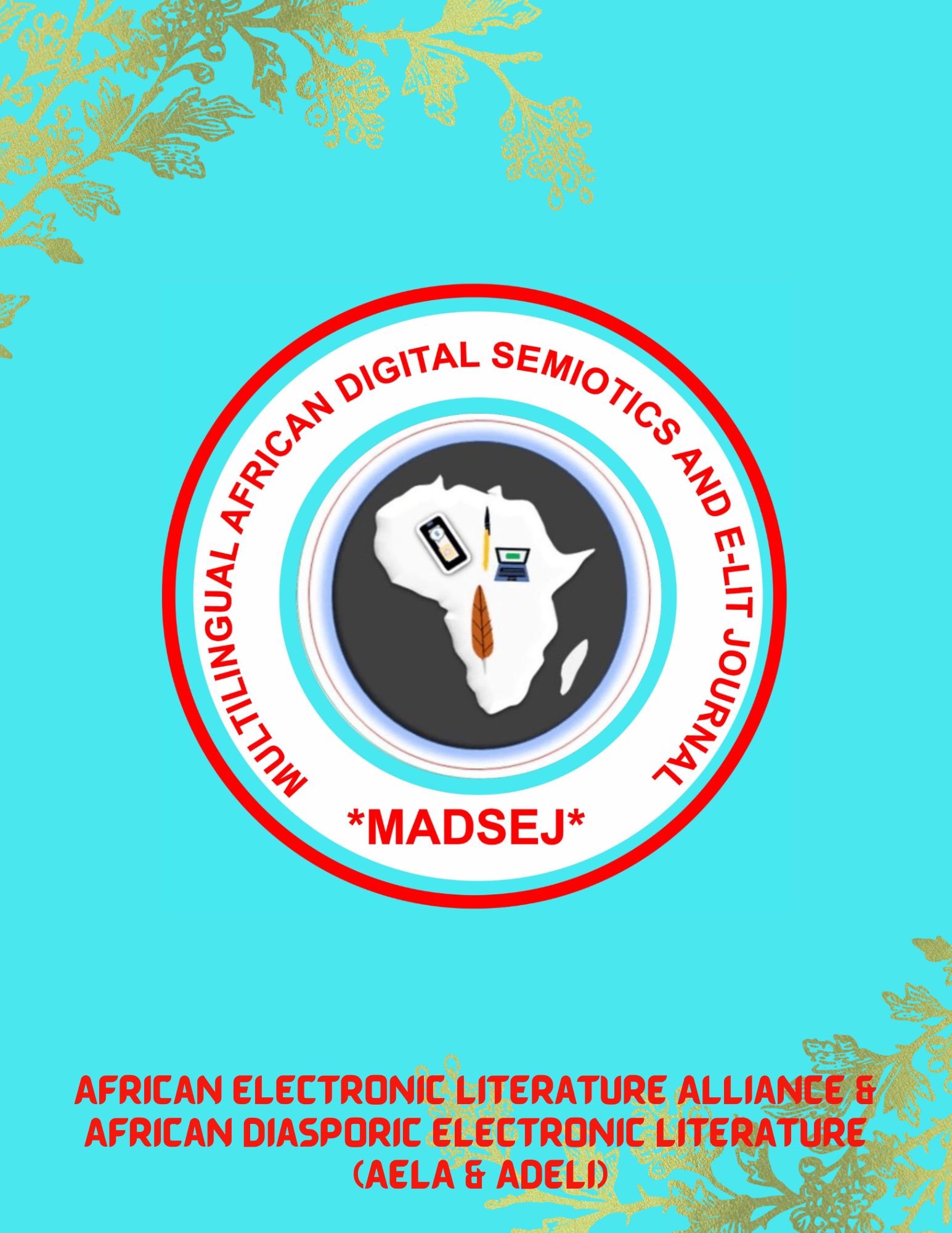Immersive Storytelling and An Afro-centric Future for XR
Keywords:
Immersive storytelling, XR, VR, Afrocentric, African Digital HumanitiesAbstract
This paper opens a conversation around a possible Afro-centric future for Immersive storytelling, particularly in XR, one that might challenge Western-centric approaches to XR (extended reality) technologies and storytelling methods. The author argues that African creators across the continent's 54 countries offer vital perspectives that could reshape global XR practices. Drawing on theoretical frameworks from postcolonial scholars like Trinh T. Minh-ha and Jaishree Odin, the paper positions spatial and immersive storytelling as an epistemological challenge to Western narrative traditions. It highlights successful African XR projects, including Joel Kachi Benson's award-winning VR work and initiatives from studios like Black Rhino and Electric South, while acknowledging persistent access barriers. The discussion explores the convergence of XR with Internet of Things (IoT) and Artificial Intelligence, proposing that diverse experimentation is crucial for the medium's maturation. The paper advocates for moving beyond mimetic approaches and mobile-centric development to embrace more varied storytelling traditions, particularly those grounded in African orality and participatory practices. This research suggests that an Afro-centric future for XR could significantly expand the medium's potential for global storytelling and cultural expression.
Downloads
References
Adorno, Theodor
Einbahnstraße.” Noten zur Literatur, vol. 1, Suhrkamp, 1974, pp. 173–180.
Gagnon, Jean, and Karen Knights, editors. Mémoires ravivées, histoire narrée = Memories Revisited, History Retold: Sara Diamond. National Gallery of Canada / Musée des beaux-arts du Canada, 1992.
Mann, Steve, Brett Leonard, David Brin, et al. Code of Ethics on Human Augmentation. First presented at VRTO - Virtual & Augmented Reality World Conference + Expo, June 2016. https://virtualreality.to/tag/code-of- ethics-for-humanistic-augmentation/
Odin, Jaishree K. "The edge of difference: Negotiations between the hypertextual and the postcolonial." MFS Modern Fiction Studies 43.3 (1997): 598-630.
Trinh, T. Minh-Ha, director. Naked Spaces: Living Is Round. Women Make Movies, 1985.
Tschofen, Monique. “The Digital Denkbild: Caitlin Fisher’s New Media Art as Philosophy.” Theory, Culture & Society,vol. 33, no. 5, 2016, pp. 139–157.
Wheeler, Andrew. "A New Way Augmented Reality Is Meeting Artificial
Intelligence." Engineering.com, Engineering.com, 6
2018, www.engineering.com/ARVR/Arti cleID/16542/A-New-Way-Augmented- Reality-is-Meeting-Artificial- Intelligence.aspx.

Published
Issue
Section
Categories
License
Copyright (c) 2024 Caitlin Fisher

This work is licensed under a Creative Commons Attribution 4.0 International License.
-
Copyrights remain with the authors, who grant the journal the right of first publishing their submitted manuscripts. All materials published by MADSEJ is under an Attribution 4.0 International Creative Commons License which make them accessible to the public and to be shared since authorship and first publication credits are cited.
-
The Attribution 4.0 International (Creative Commons) allows the copy and redistribution of the material in any medium or format, as well as its adaptation for any purpose, even commercially.
-
Authors are permitted to give contract for non-exclusive distribution of the version of their works published in MADSEJ. For example, distribution in an institutional repository or as a book chapter but the authors should give credit to MADSEJ as the first to publish the manuscripts as well as acknowledge MADSEJ.





